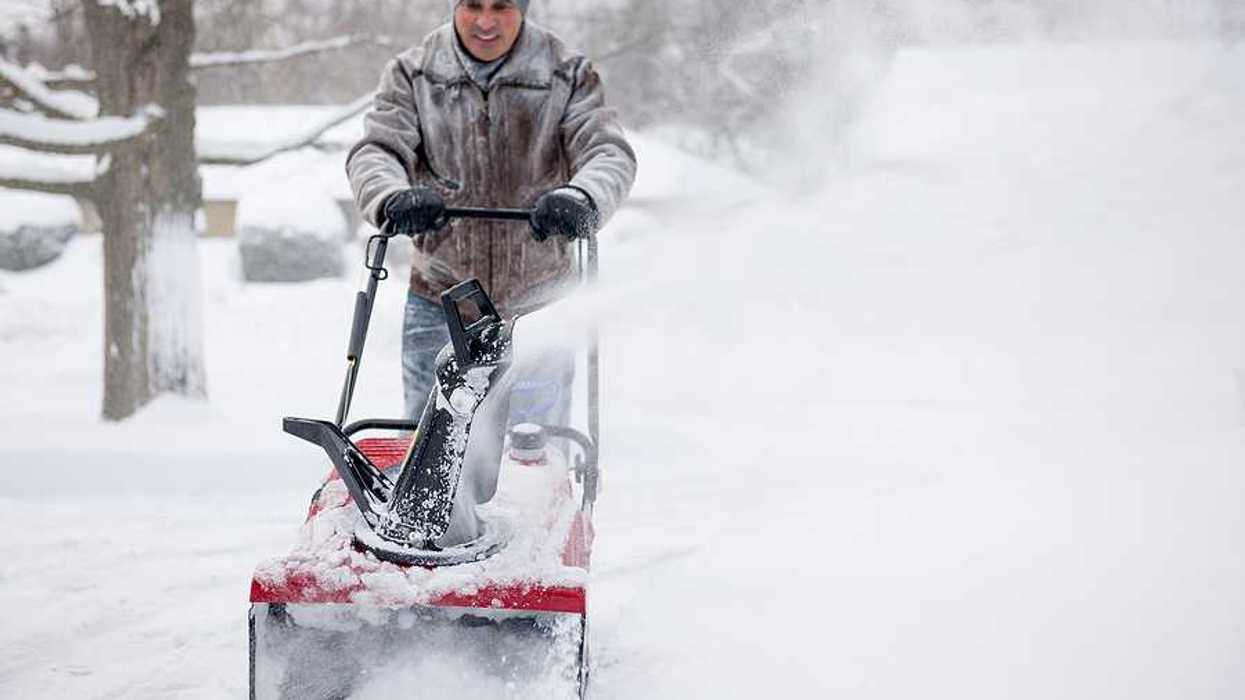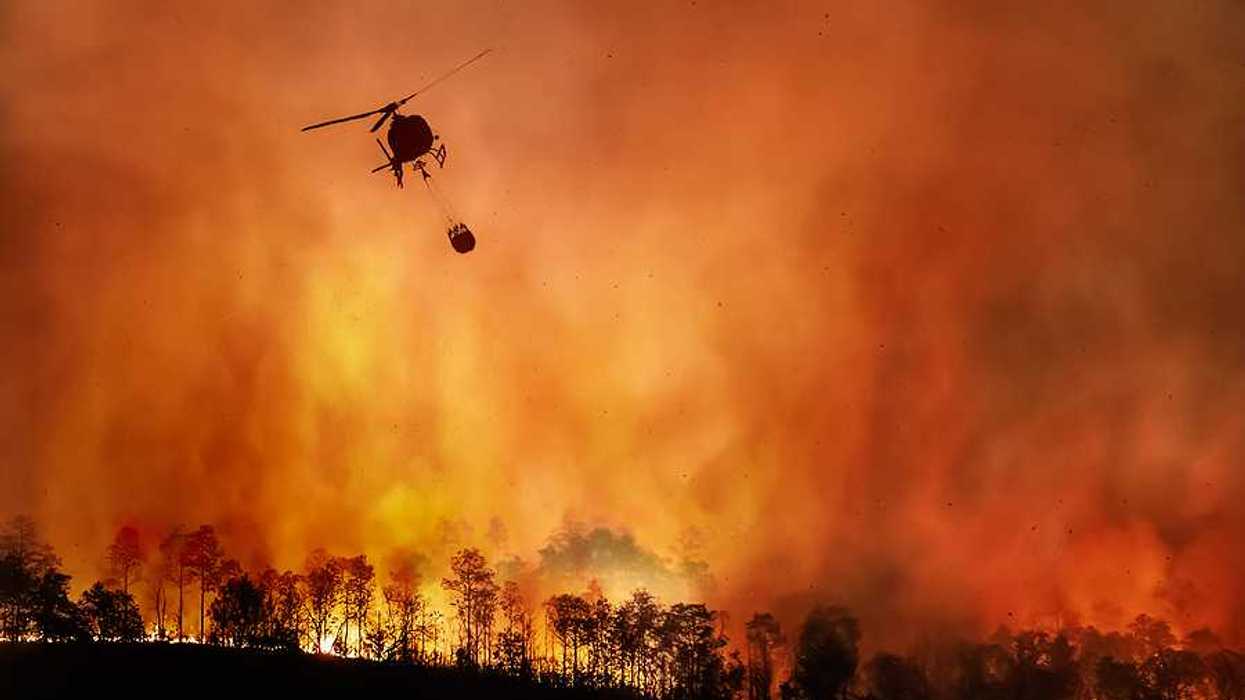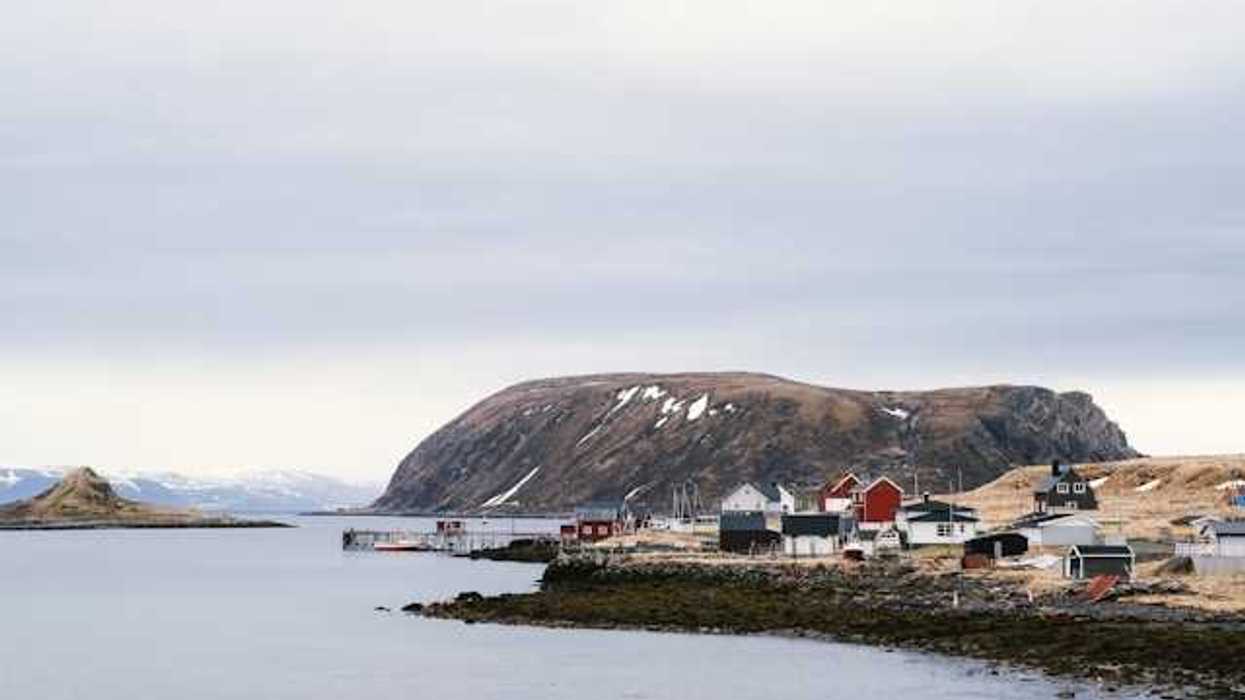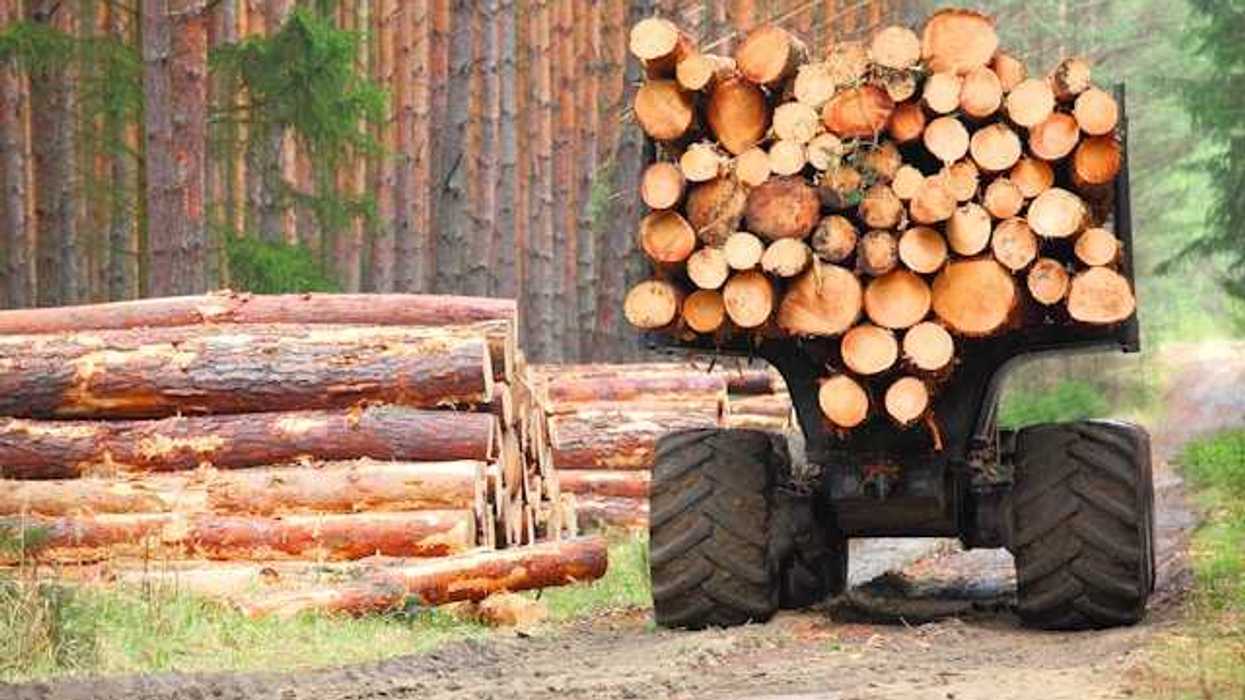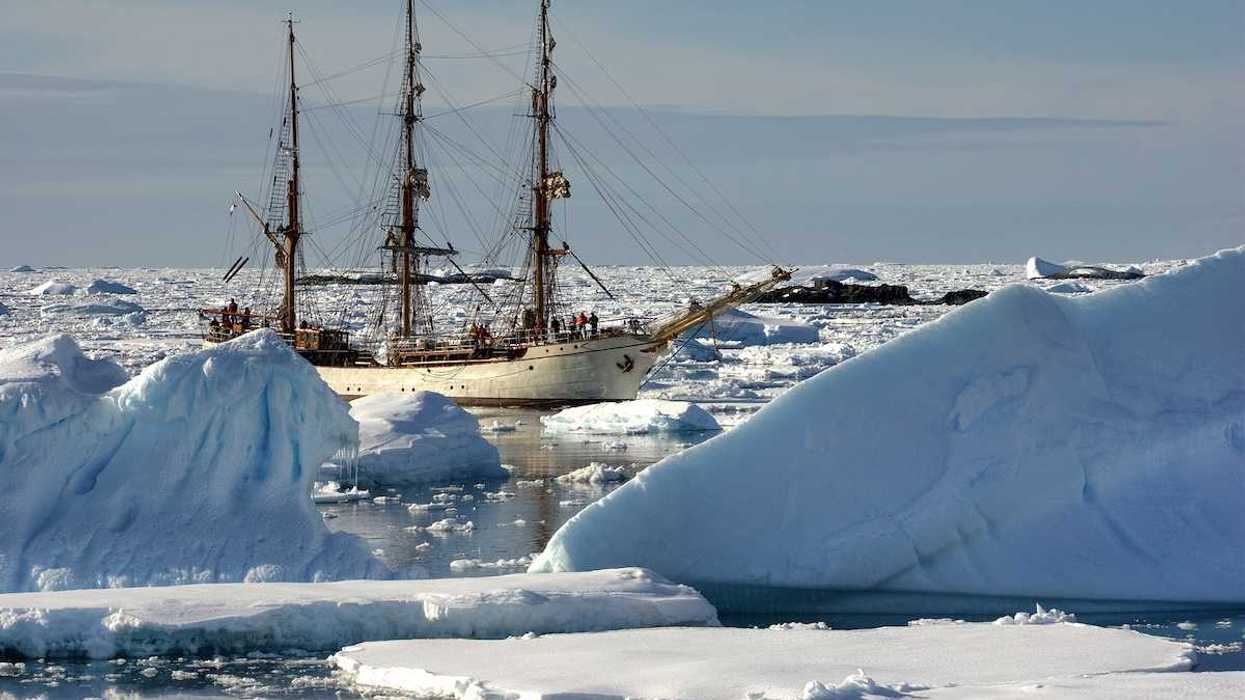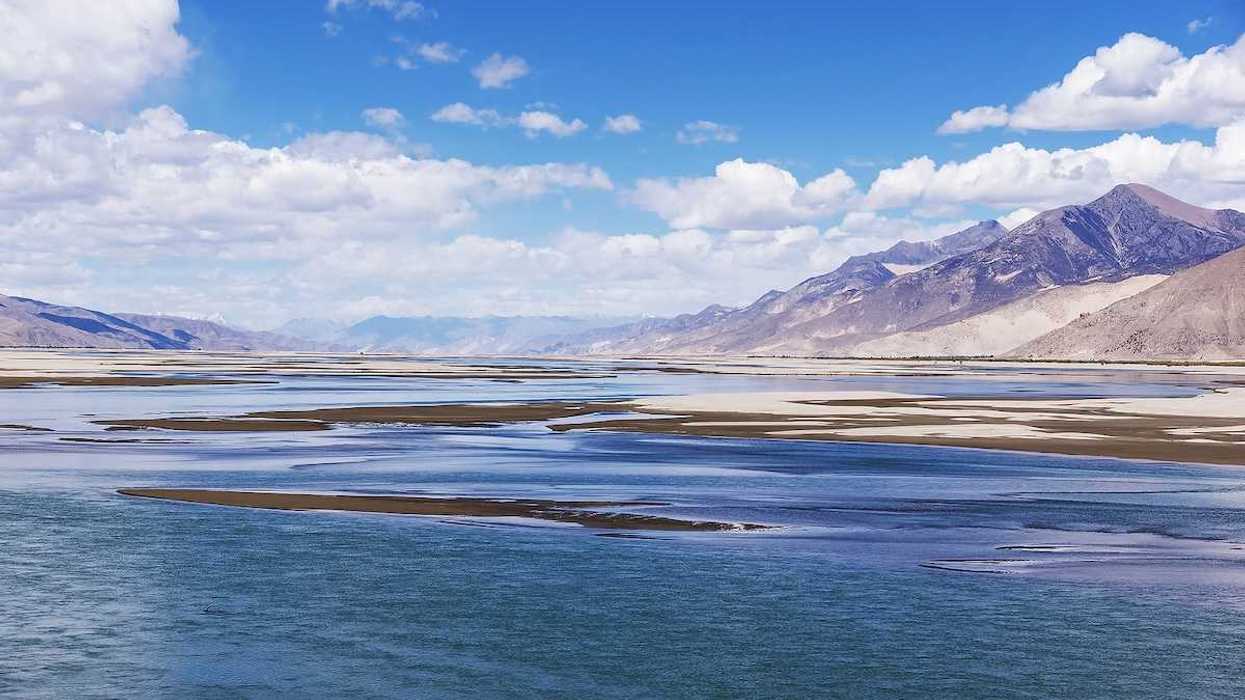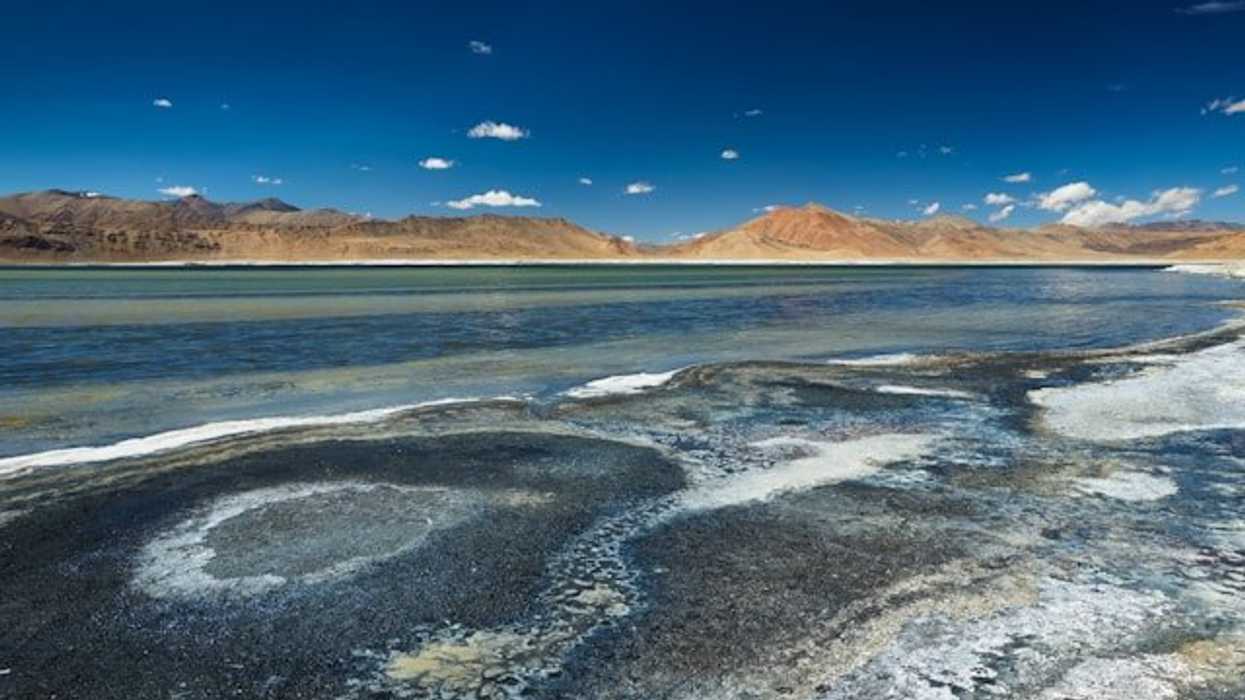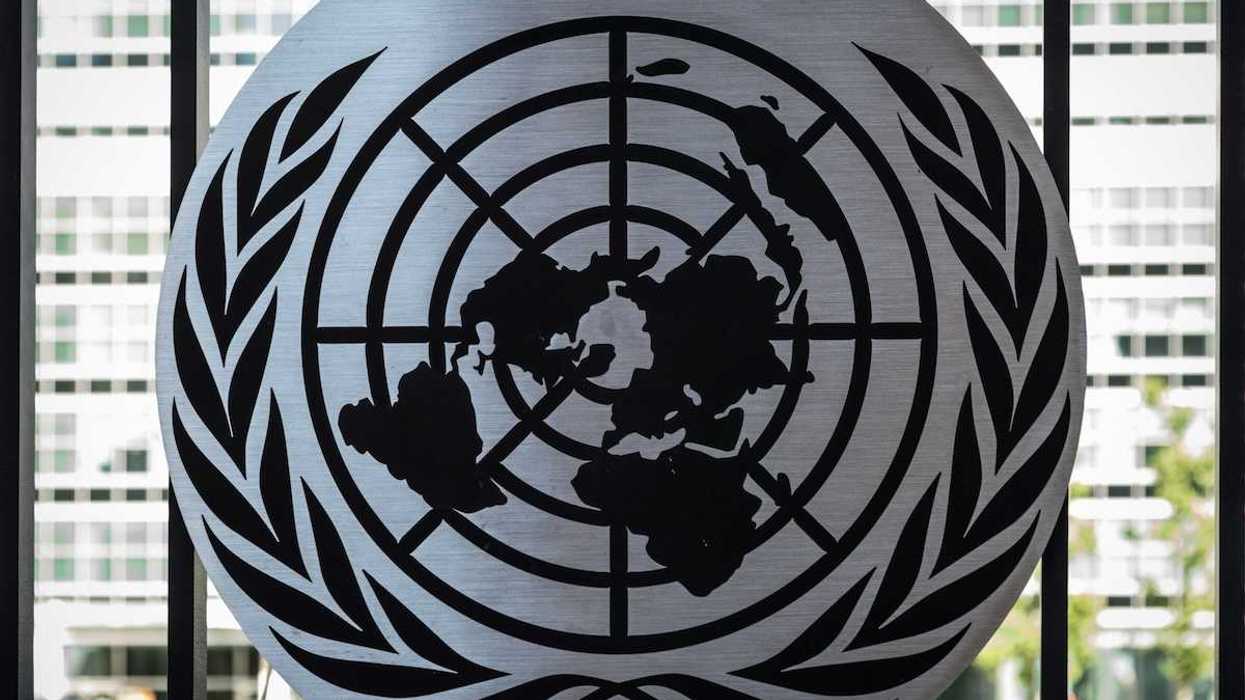In the heart of Bolivia, the Tariquía reserve faces upheaval as the government pursues gas reserves, igniting conflict and economic uncertainty.
Thomas Graham reports for The Guardian.
In short:
- Bolivia’s government, seeking to sustain its fossil fuel-based development, is targeting protected areas like Tariquía for gas exploration.
- Gas production decline, coupled with economic challenges, prompted the government to pursue new reserves despite community resistance.
- Opposition from local communities highlights tensions over consultation, environmental impact, and promises of development.
Key quote:
“[Exploitation of] Tariquía was inevitable with the continuation of that [extractivist] model. Protected areas are the new extractive frontier.”
— Dr Penelope Anthias, Durham University geographer who has worked in the reserve
Why this matters:
National parks in Bolivia, like Madidi National Park and Tariquia Flora and Fauna National Reserve, are vital havens for diverse ecosystems, rare species, and Indigenous cultures, but the expansion of gas drilling activities near these protected areas poses significant risks.
For example, the process of gas drilling involves extensive infrastructure development, including roads, pipelines, and drilling rigs, which can fragment habitats, disrupt wildlife corridors, and introduce pollutants into sensitive ecosystems.
Closer to home, a 2019 study showed that more than 80 percent of waste from Pennsylvania’s oil and gas drilling stays in the state.


